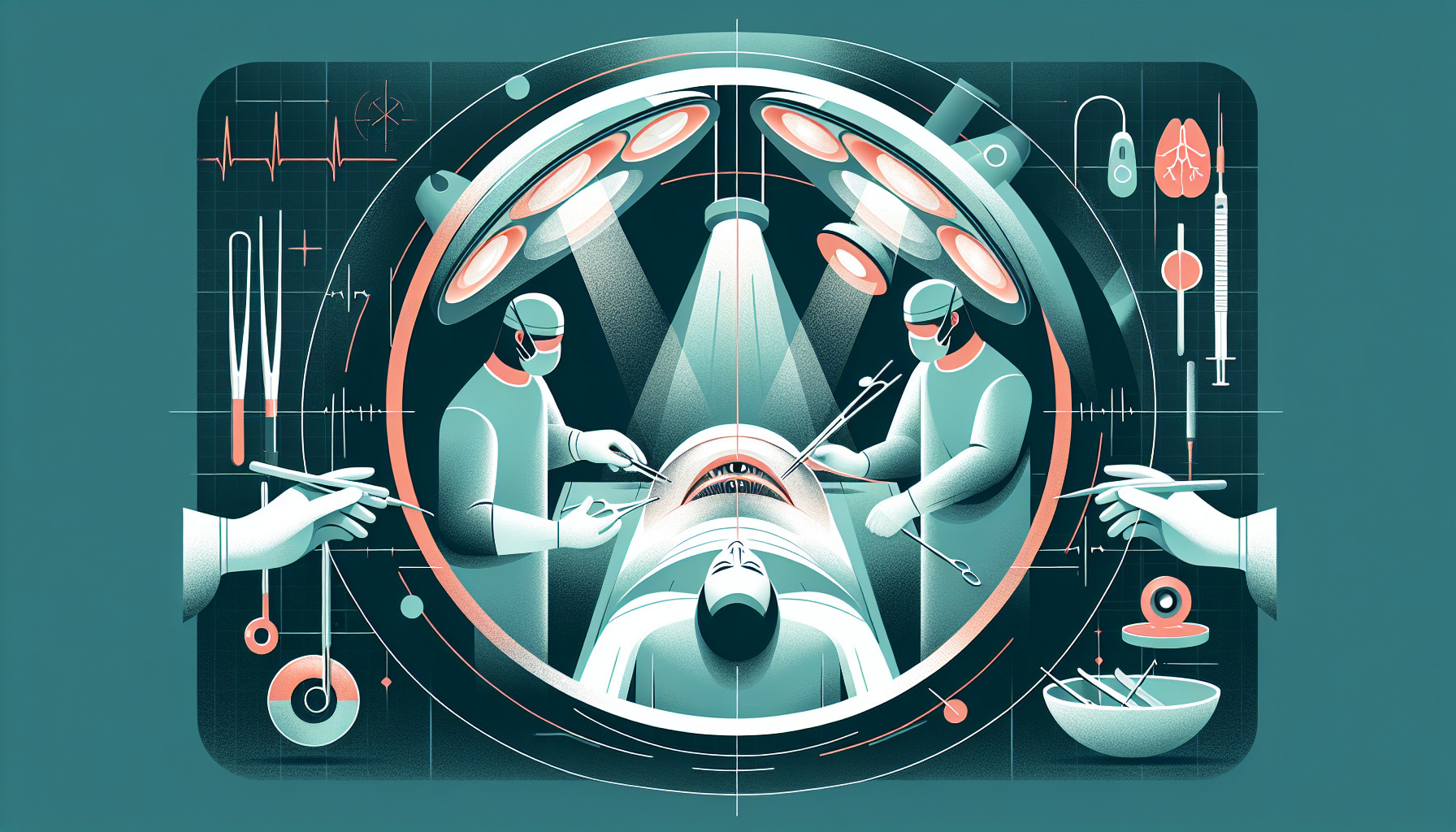Our Summary
This research paper is about a study that compared two types of cataract surgeries: laser-assisted surgery and standard ultrasound phacoemulsification surgery. Cataracts are a common condition that causes blindness, often treated with surgery. The introduction of lasers has revolutionized the surgery, potentially offering greater safety and better results through increased precision.
The researchers looked at randomised controlled trials (RCTs) involving 1,638 patients from Germany, Hungary, Italy, India, China, and Brazil to compare the two methods. They considered factors such as complications during surgery, vision quality after surgery, and cost-effectiveness.
The results were inconclusive. Both methods had low rates of complications and there was no significant difference in vision quality after surgery. There was a slight advantage for laser-assisted cataract surgery in terms of vision clarity at six months, but this difference was clinically insignificant. No studies reported on patient-reported outcomes such as visual function.
The research concluded that there is insufficient evidence to determine if laser-assisted cataract surgery is equivalent or superior to standard surgery. As complications from both methods are rare, larger, well-designed independent RCTs are needed to compare the safety and efficacy of the two methods. They also called for standardized reporting of complications and visual outcomes, and for data on patient-reported outcomes and cost-effectiveness.
FAQs
- What are the two types of cataract surgeries studied in this research?
- What factors were considered in comparing the two methods of cataract surgery?
- What did the research conclude about the comparison between laser-assisted cataract surgery and standard ultrasound phacoemulsification surgery?
Doctor’s Tip
One helpful tip a doctor might give a patient about cataract surgery is to follow all pre-operative instructions provided by the surgeon, including when to stop eating and drinking before the surgery, as well as any medications to avoid. This can help ensure a smooth and successful procedure. Additionally, it is important to attend all follow-up appointments and adhere to post-operative care instructions to promote a speedy recovery and optimal outcomes.
Suitable For
In general, patients who are recommended for cataract surgery are those who have significant vision impairment due to cataracts that affects their daily activities and quality of life. This may include patients with symptoms such as blurry vision, glare, difficulty driving at night, or difficulty reading. Additionally, patients with cataracts that are causing other eye issues such as glaucoma or diabetic retinopathy may also be recommended for surgery.
It is important for patients to undergo a comprehensive eye examination by an ophthalmologist to determine if they are a good candidate for cataract surgery. Factors such as the severity of the cataracts, the patient’s overall health, and their individual visual needs will be taken into consideration when making the recommendation for surgery.
Ultimately, the decision to undergo cataract surgery should be made in consultation with an eye care professional who can assess the patient’s individual situation and provide guidance on the best course of action.
Timeline
Before cataract surgery, a patient typically experiences a gradual decline in vision, difficulty seeing in low light, glare or halos around lights, and colors appearing dull or yellowed. They may also have trouble reading or driving, and may need frequent changes in prescription glasses.
After cataract surgery, patients usually notice improved vision almost immediately, although it may take a few days for the full effects to be realized. They may experience some mild discomfort or sensitivity to light in the days following surgery, but this typically resolves quickly. Vision continues to improve over the following weeks, with many patients achieving near-perfect vision without the need for glasses or contact lenses. Follow-up appointments are scheduled to monitor healing and ensure optimal outcomes.
What to Ask Your Doctor
- What are the potential risks and complications of both laser-assisted cataract surgery and standard ultrasound phacoemulsification surgery?
- How long is the recovery time for each type of surgery?
- Will I need to wear glasses or contact lenses after the surgery?
- What are the success rates of each type of surgery in terms of improving vision?
- How experienced are you in performing each type of surgery?
- How will the cost of each type of surgery be covered by insurance or out-of-pocket?
- Are there any specific lifestyle or activity limitations I should be aware of after the surgery?
- Will I need any follow-up appointments or additional treatments after the surgery?
- How long do the effects of the surgery typically last?
- Are there any alternative treatment options to consider besides surgery?
Reference
Authors: Day AC, Gore DM, Bunce C, Evans JR. Journal: Cochrane Database Syst Rev. 2016 Jul 8;7(7):CD010735. doi: 10.1002/14651858.CD010735.pub2. PMID: 27387849
